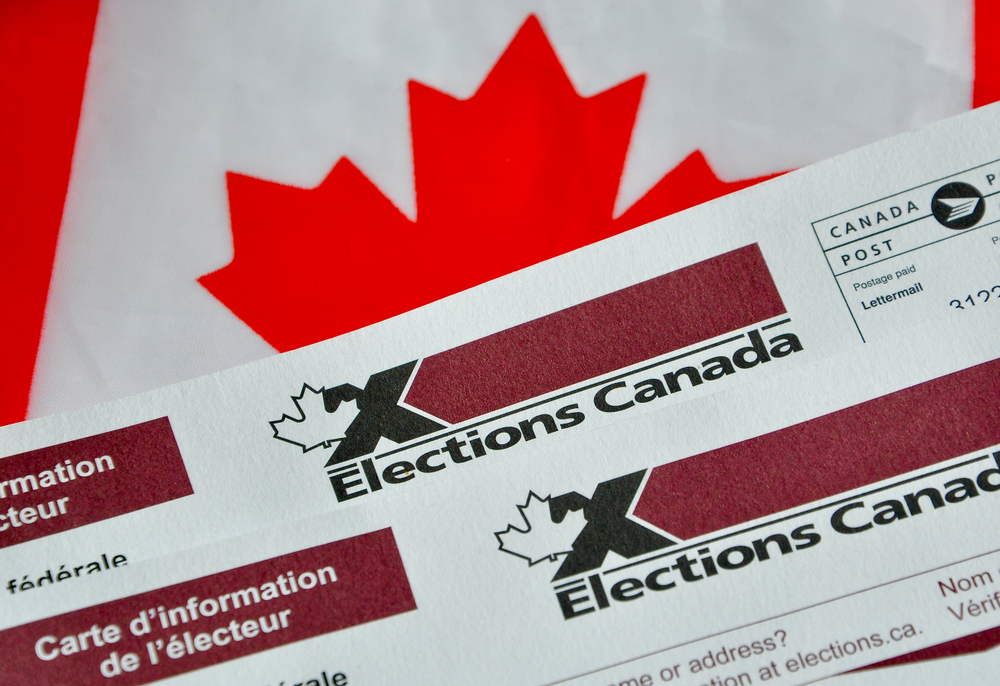On September 20th, there is a federal election that will change Canadian immigration for the next four years. Whoever is elected will be in charge of managing and shaping the Canadian immigration system which makes each election very important. Immigration is a joint federal-provincial authority, according to the Constitution, with the federal government having the ultimate word. While provinces and territories across Canada are highly active in recruiting and settling newcomers, the federal government, namely Immigration, Refugees and Citizenship Canada (IRCC), has the most influence over the country’s immigration policy. For example, the IRCC sets national immigration levels as well as provincial allocations and processing timeframes and is by far the main donor of settlement and integration programs across the country.
Canada Political Parties’ View on Immigration
Whoever is elected will direct the IRCC (Immigration, Refugee, Citizenship Canada) on how to perform their immigration system. While there are several political parties in Canada there are four main parties. Below, you will find each political party and its stance on immigration in Canada.
Conservative Party
The Conservatives are a center-right political party. They are now the official opposition, which means they have the second-largest number of seats in the House of Commons. It is the only political party other than the Liberals that have ever held federal office. Erin O’Toole, the party’s leader, has previously won elections in immigrant-rich ridings.
The Conservatives advocate for an immigration system that welcomes foreign talent, provides sanctuary to human rights activists and that fleeing persecution, and reunites families in their election program for 2021.
The Liberal Party
The Liberal Party of Canada is said to be centre-left on the political spectrum scale. The Liberal Party’s immigration program for the 2021 election has yet to be revealed. The party is gradually revealing platform information. The Liberal Party has had control of the Canadian government for the last four years making immigration levels increase in Canada. Justin Trudeau has been the leader of the Liberal Party of Canada and is attempting to be re-elected.
If re-elected, Trudeau has pledged to relocate up to 20,000 Afghans. This isn’t the first time Trudeau has made a campaign pledge to welcome a large number of refugees. He won the race in 2015 after calling for Canada to admit 25,000 Syrian migrants. Trudeau also pledged to make homes more accessible for first-time purchasers, including immigrants.
New Democratic Party
On the political spectrum, the New Democratic Party (NDP) is considered left-wing. At the federal level, Canada has never had an NDP administration. According to many surveys, the party’s leader, Jagmeet Singh, is the most popular candidate in this election. They pledge to prosecute shady immigration consultants and guarantee that the sector is controlled by the government. They would also offer carers and their families status. The NDPs intend to reduce the backlog of asylum seekers for refugees, however, their program does not specify how.
They would also make pay fairness a priority in order to eliminate salary discrimination based on gender, which disproportionately impacts immigrant women.
Bloc Quebecois
The Bloc Québécois is a nationalist party in Quebec. They want Quebec to be a separate country from Canada. On the political spectrum, the Bloc is generally described as center-left. Because Quebec sovereignty is at the core of the party’s policy, it exclusively runs candidates in Quebec ridings. Yves-François Blanchet, who has a background in the arts and provincial politics, has been the party’s head since 2019.
The Bloc Quebecois’ wants to speed up the immigration process for those applicants from Quebec. Quebec already has a very separate and independent immigration system compared to the other province and territories of Canada. Their entire immigration stance is focused on benefiting Quebec.
